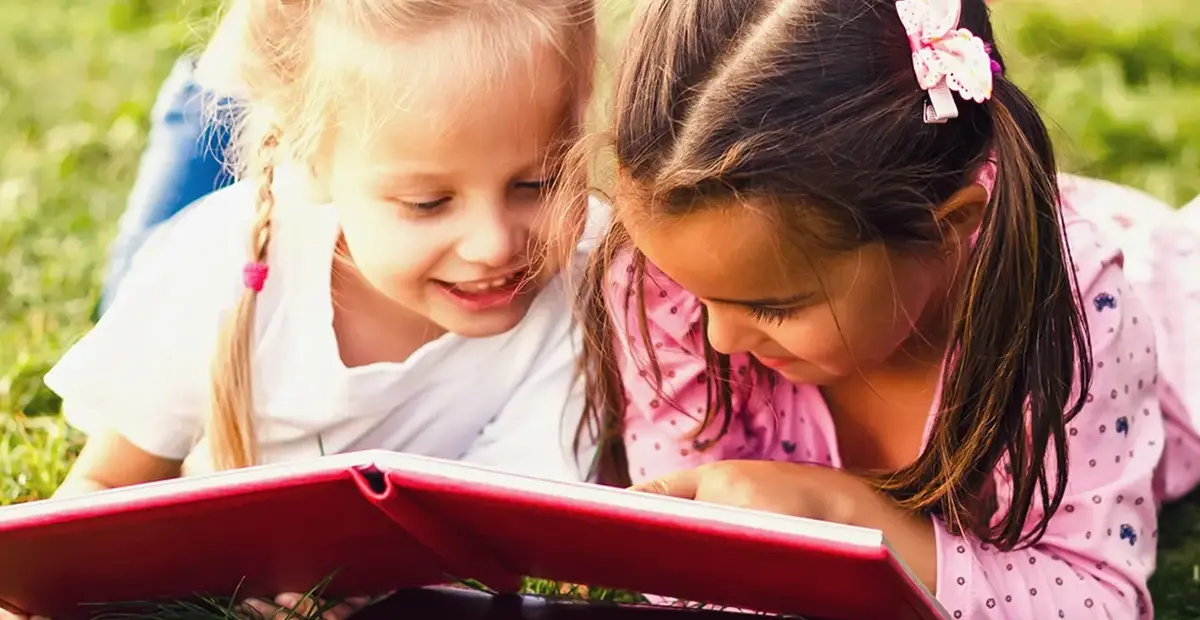Study after study shows the effect education can have on girls and young women in shaping their futures, raising their quality of life and protecting their children. Providing resources that improve women’s literacy ultimately makes the world a better place.
The benefits of an educated and literate society are undeniable. The benefits become evident when the spotlight focuses on the importance of educating women.
According to the United Nations, women make up a majority of illiterate adults in every region globally. They account for 479 million, or two-thirds, of the global adult illiterate population. The largest gaps are in South Asian areas where illiteracy rates are 23% for men, but 42% for women. In Northern Africa, it’s 17% male and 34% female. Sub-Saharan Africa sees a gap of 31% male vs. 47% female.
On a global scale, the opportunities for improvement are evident. This disparity, while not as extreme, exists in the United States. Our women also face an apparent gender-based literacy gap.
Illiteracy in women in America is reportedly 17% compared to a 10% rate for men. There’s just as much opportunity here to leveraging the closing of the gap toward furthering female empowerment.
The Council on Foreign Relations maintains that as efforts are made to improve girls’ education globally, the outcomes can positively affect economic growth, political participation, health and sustainable families.
The Council’s Center for Universal Education’s report details the benefits of making sure that children of all genders are part of an overall education effort. It specifically emphasizes the extra benefits that come from focusing on female education.
Economic Growth
When women receive equal access and opportunity for education, GDP has been known to bloom. Research shows that countries with higher literacy rates have higher gross national products.
The Council on Foreign Relations references a study done in South Asia and Sub-Saharan Africa that found a possible causation that an equal education among men and women between 1960 and 1992 led to nearly higher annual per capita GDP growth.
Political Participation
According to the United Nations, literacy capacity gaps have contributed to the obstacles holding women back from assuming leadership roles in their local governments. As the gaps close, women become empowered to take on more leadership roles.
Research on local councils in India found that in areas where females led councils, the number of drinking water projects in areas was 62 percent higher than in those areas where males oversaw the councils. In Norway, the presence of women in municipal councils led to direct increases in childcare coverage.
Health, Wellness, and Disease Prevention
Education serves a crucial role globally in preventing the spread of disease and lowering infant mortality rates. The Council on Foreign Affairs indicates their research shows an extra year of a woman’s education reduces the risk that her children will die in infancy by up to 10 percent.
Education also helps prevent the spread of AIDS among children through what the offers what the World Bank refers to as a “window of hope.” A recent study of a school-based AIDS education program in Uganda found a 75 percent reduction in the likelihood that children would be sexually active in their last year of primary school.
Sustainable Families
Literacy plays a huge role in achieving smaller and more sustainable families globally.
According to the United Nations, one in every three girls globally is married before reaching the age of 18. In regions where girls receive more than seven years of education, wedding dates become delayed by four years.
A study in Brazil showed that illiterate mothers have an average of six children, according to the Council on Foreign Affairs. Mothers who are literate choose to have fewer than three children. This education makes them better able to care for and invest in their children’s well-being.
When women thrive, all of society benefits, and succeeding generations are given a better start in life.
The Council on Foreign Affairs has set forth a list of goals and expectations to help close the literacy gap globally and start educating more women. Their research has shown that as these efforts become more common throughout regions globally, including those in the United States, societies will see the benefits. Studies like these show that the efforts of literacy programs like ours, and similar ones all over the country, have a decisive impact on the future. Particularly for the literate girls we are educating today.




